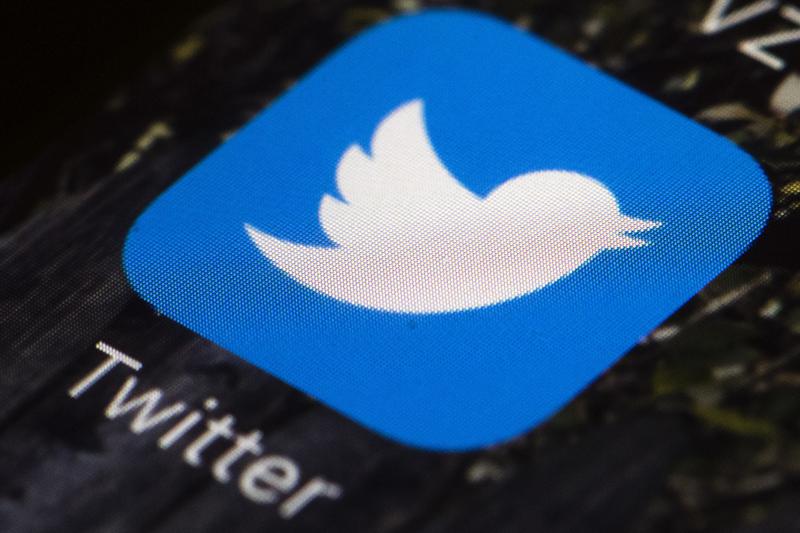

The Securities and Exchange Commission in June asked the company about its methodology for calculating false or spam accounts and “the underlying judgments and assumptions used by management.”
Twitter says it has 238 million active monthly users, and that about 5% of the accounts it sells ads against are fake, either spam or bots. The SEC would be interested in both figures because Twitter uses them to attract advertisers, whose payments make up a little more than 90% of the company’s revenue.
The SEC’s Division of Corporation Finance asked the questions in a June 15 letter, shortly before Tesla CEO Elon Musk raised the issue as grounds to back out of a deal to buy Twitter for $44 billion. Musk has claimed that Twitter is undercounting the number of fake accounts, which inflates the number of real users.
Such questions can be routine, and it wasn’t clear whether the SEC has opened a formal investigation into Twitter’s fake accounts. Neither the SEC nor Twitter would comment Wednesday.
The law firm Wilson Sonsini of Palo Alto, California, replied to the SEC in a June 22 letter saying the company believes it adequately disclosed the methodology in its annual report filed for 2021.
The letter says that Twitter makes its estimates of false accounts with an internal review of sample accounts. The number of fake accounts “represent the average false or spam accounts in the samples during each monthly analysis period during a quarter,” the letter said.
It added that fewer than 5% of Twitter’s “monetizable” daily active users were fake accounts in the fourth quarter of last year, the period that the SEC had questioned.
The letter was disclosed in a filing posted by the SEC on Wednesday, a day after Twitter’s former head of security alleged that the company misled regulators about its poor cybersecurity defenses and its negligence in attempting to root out fake accounts that spread disinformation.
Musk called off the sale in July, alleging that Twitter had failed to provide detailed methodology for calculating fake accounts. Twitter sued in Delaware Chancery Court, asking a judge to order Musk to go through with the purchase, and Musk counter-sued.
In its response to the SEC, Twitter said the review of fake accounts is done manually by humans who check thousands of them. The accounts are chosen randomly, and the employees use a complex set of rules “that define spam and platform manipulation.” An account is deemed to be false if it violates one or more of the rules, the letter said. The fake accounts are investigated by multiple trained employees, it said.
The SEC also questioned Twitter’s disclosure that it overestimated the number of monetizable accounts from the first quarter of 2019 through the end of last year. The agency wrote that the error persisted for three years and asked why the company didn’t consider that a weakness in its financial reporting and controls.
In response, Twitter said the overstatement of accounts had no impact on its financial statements, and that the overstatement was less than 1% of its daily average users.
Twitter’s share price was up just over 2% in trading late Wednesday.